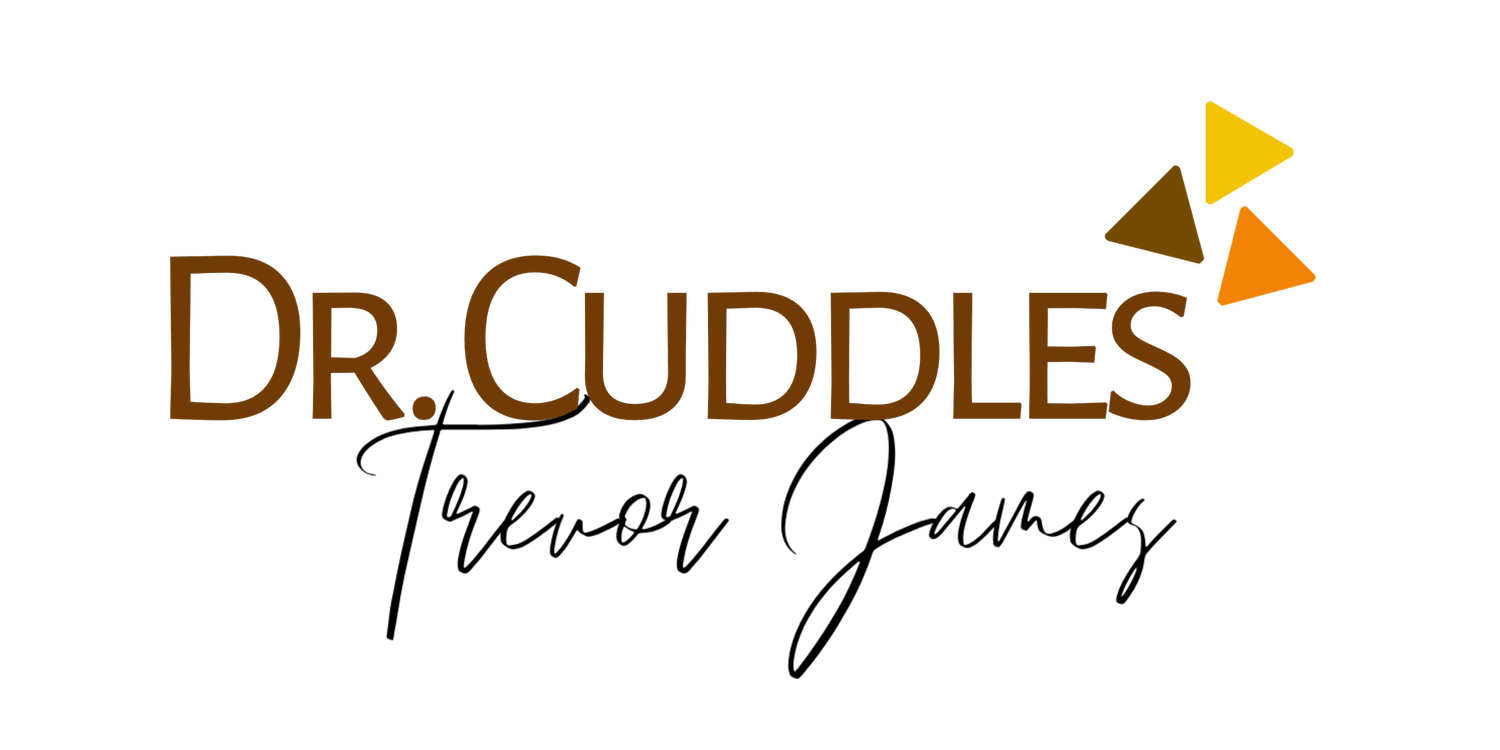There's a Reason Touch Deprivation is Making You So Tired
There is a reason why touching things, hugging, holding hands and other physical human contact makes us feel rejuvenated. The human skin is the largest organ of the body and it plays a very important role in our lives. It is no exaggeration to say that touch deprivation has become one of the most common sources of stress among people today. People are so busy with their fast-paced lives that they barely have time even to hug or hold hands with another human being. In fact, researches have found that millennials are less likely to have friends and partners compared to any other previous generation. This has led to an increase in stress levels in people, which has resulted in various health issues like depression, anxiety and others – all of which can be traced back to lack of affectionate touch.
How does Human Touch Benefit the Body?
The human skin is the largest organ of the body and it plays a very important role in our lives. Every time you touch your loved ones or items, you secrete a hormone called oxytocin, which helps calm you down and reduces blood pressure. When you touch the things you are fond of, the levels of serotonin increase in the brain, making you feel happy and relaxed. Human touch can even help you sleep better and reduce the risk of heart disease. Touching and hugging your loved ones is beneficial for them too as it stimulates their oxytocin levels. Touching things also helps you concentrate better as it activates certain areas of the brain. This can be helpful if you are studying and need to focus on a particular subject. Also, when you touch something, you retain the information better, which can be helpful during tests.
Why is Touch Deprivation Making You Tired?
Many people who experience touch deprivation say that they feel more tired than usual. This is because when you don’t get the required amounts of oxytocin, serotonin and dopamine, you start feeling lethargic and exhausted. Touch deprivation can lead to lowered immunity, increased inflammation, impaired cognitive function, disrupted circadian rhythms and a host of other problems. And all of this can make you feel tired and fatigued. When you don’t get enough human touch, it can cause feelings of loneliness and social isolation. When you are lonely, you crave for human touch more as a way to combat loneliness. When you crave for touch, even if someone is offering you a handshake, you refuse and demand a hug. So if you find yourself craving more human touch, you should definitely take it as a sign that you are touch deprived.
4 Ways to Combat Touch Deprivation and Stay Tired-free!
Hugging: Hugging is one of the best ways to get some human touch. Hugging has been shown to help people heal faster and also improves their mental health. Even just a 20-second hug can provide a huge relief from stress. So go ahead and hug your loved ones, they would appreciate it.
Hold Hands: Along with hugging, holding hands is another wonderful way to get some human touch. You can also hold hands with your friends and family members. You can even hold the hands of people you don’t know. Just make sure you don’t take their hand unless you are sure that they want to hold yours.
Smile: Smiling is not only a way to show your friendly nature, it is also a way to get some human touch. You can do this by smiling at people as you walk past them on the street or in your office.
Hugging Teddy Bears: You might think that hugging teddy bears is a weird way to get human touch, but it is definitely better than nothing. If you are touch deprived, you can go ahead and cuddle a teddy bear.

